These reflections are a result of more than 40 years of ministry as a Roman Catholic priest. Most of these years I spent in the Diocese of Charlotte which covers Western North Carolina. Now I am retired, and live in Medellín, Colombia where I continue to serve as a priest in the Archdiocese of Medellín.
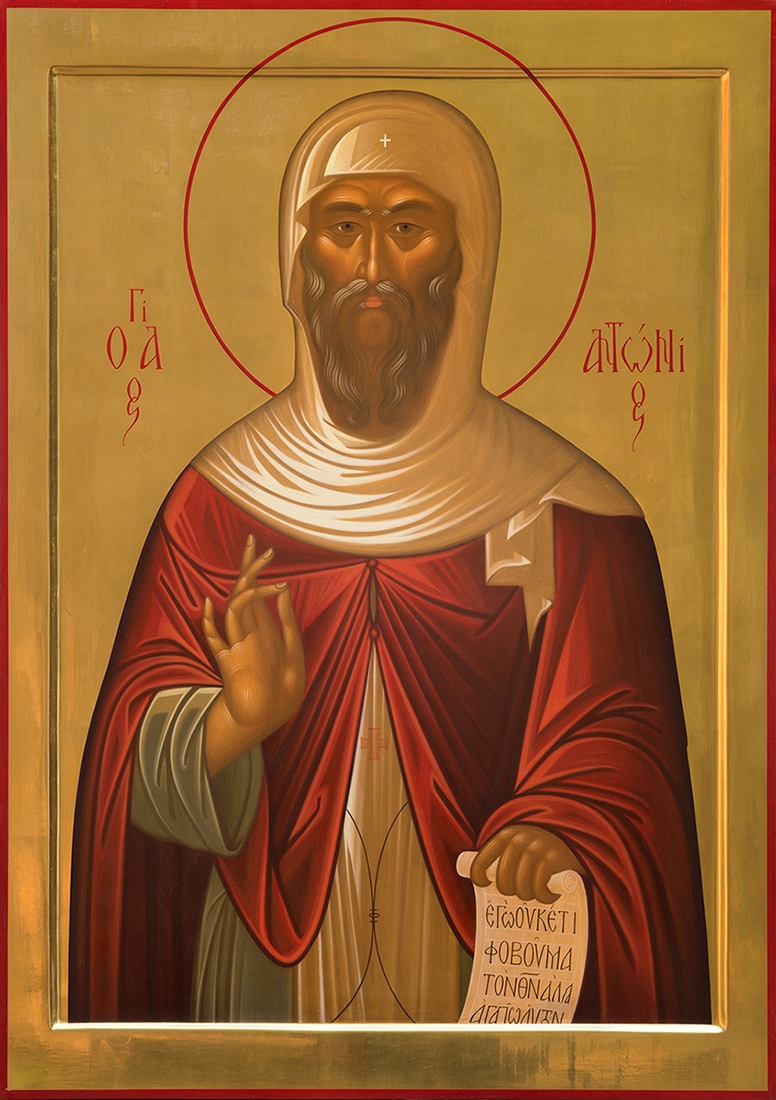
Rather, new wine is poured into fresh wineskins. (Mk 2:18-22)
https://bible.usccb.org/bible/readings/011722.cfm
New wine, new wineskins. Sometimes God has to do something completely new in order to change the church. That happened in the time AFTER the persecutions when the church had grown fat. Anthony of Egypt (251-356) heard the gospel “Go, sell what you have, give to the poor, and you will have treasure in heaven, then come follow me,” (Mk 10:21) and he knew that those words were addressed to him. He did what the Lord asked and went into the desert. It is said that nearly 10,000 men and women followed Anthony into the desert, and soon the beginnings of monasticism took root, and the church was renewed. Martin Luther King, Jr., challenged the racism and segregation of a nation and troubled many religious consciences. Today's video is from his last speech the night before his assassination.
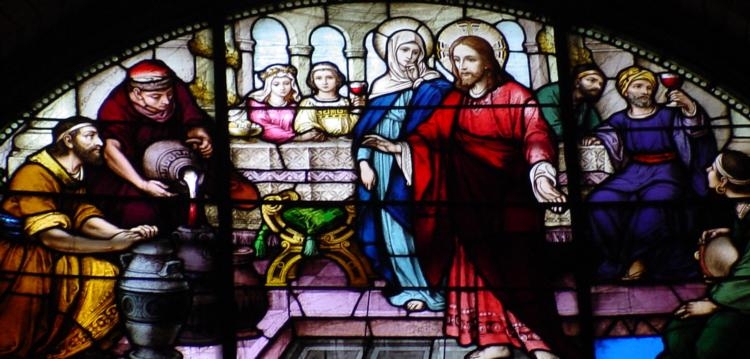
When the wine ran short, the mother of Jesus said to him, “They have no wine.” And Jesus said to her, “Woman, how does your concern affect me? My hour has not yet come.” His mother said to the servers, “Do whatever he tells you.” (Jn 2:1-11)
https://bible.usccb.org/bible/readings/011622.cfm
We continue the theme of Epiphany, the Manifestation of the Lord. Today we interrupt the continuous reading of the public ministry of Jesus from Luke’s gospel to hear about the manifestation of Christ’s glory at the wedding feast of Cana. Mary’s words to the servants, “Do whatever he tells you,” is what she says to all the disciples of her Son, “Do whatever my Son tells you.” Today's video features our own Christopher Smith, SJ, (Basilica of St Lawrence, Asheville, NC) and his One-Minute Homily about the Wedding Feast of Cana!
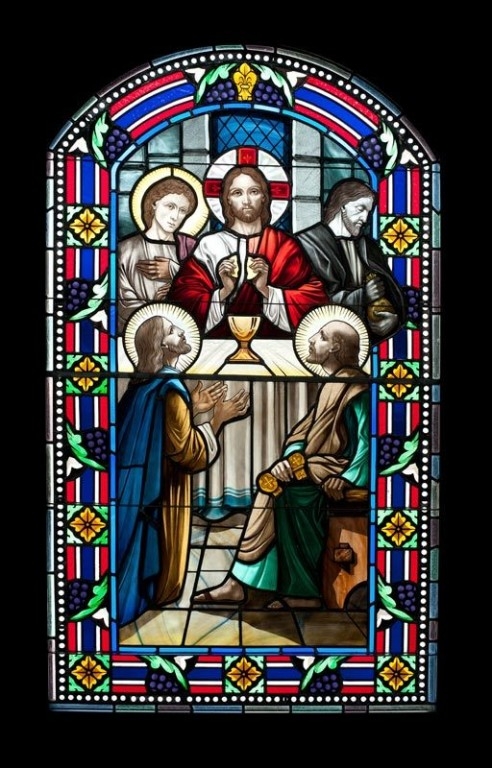
Some scribes who were Pharisees saw that Jesus was eating with sinners and tax collectors and said to his disciples, “Why does he eat with tax collectors and sinners?” Jesus heard this and said to them, “Those who are well do not need a physician, but the sick do. I did not come to call the righteous but sinners.” (Mk 2:13-17)
https://bible.usccb.org/bible/readings/011522.cfm
The eating and drinking with sinners is the church’s oldest memory of the Eucharist. As Pope Francis has pointed out, the church is not a club for saints, it’s a hospital for sinners. The Eucharist, the pope says, is not the reward for good behavior, rather it is medicine for the weak.
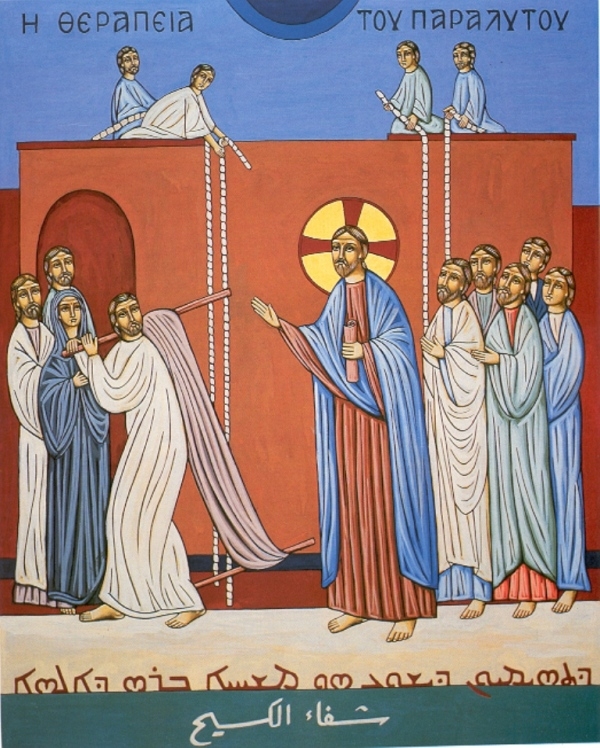
They were all astounded and glorified God, saying, “We have never seen anything like this.” (Mark 2:1-12)
https://bible.usccb.org/bible/readings/011422.cfm
People were shocked by what Jesus said and did: “We’ve never seen anything like this.” Did they complain? Did they murmur? Did they join another parish? No, the gospel tells us that they “glorified God.” Maybe we need to re-capture the shock and utter joy of the gospel message for the poor, for the outcast, for the sick and for sinners.
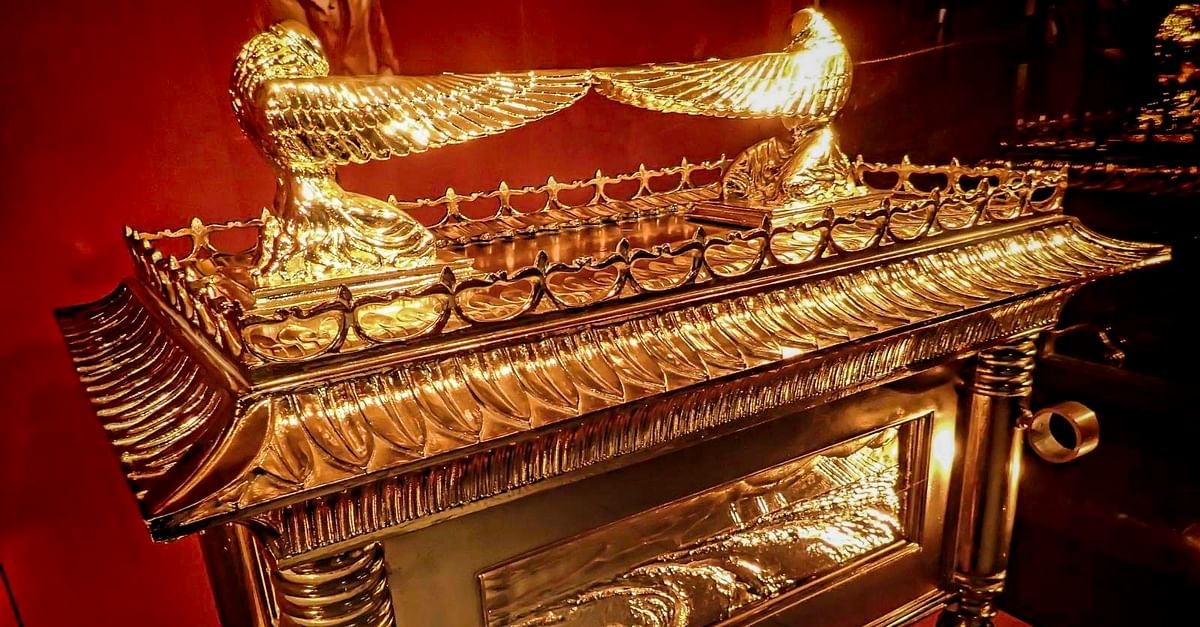
When the troops retired to the camp, the elders of Israel said “Why has the LORD permitted us to be defeated today by the Philistines? Let us fetch the ark of the Lord from Shiloh that it may go into battle among us and save us from the grasp of our enemies.” (1 Sam 4:1-11)
https://bible.usccb.org/bible/readings/011322.cfm
The Ark Narrative (1 Samuel 4:1-7:1) can read a lot like a script for Indiana Jones. Perhaps it might be best to see religious objects not as talismans, but rather as reminders of our commitment to the Lord. As today’s reading reminds us, the Ark did not save Israel. The battle was lost, and the Ark along with it.



